The Power of Re-Mock Exams and Constructive Feedback in Student Learning
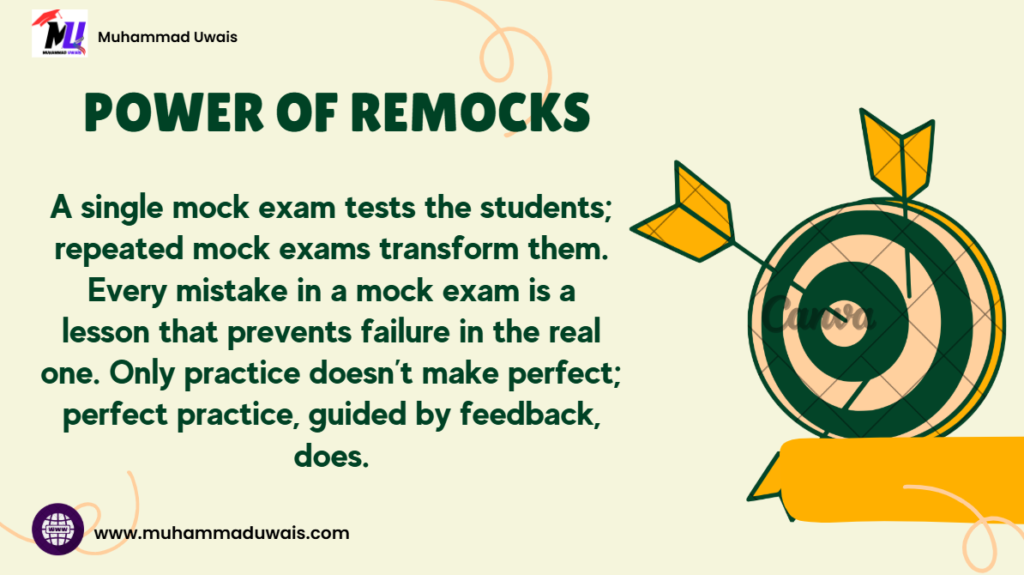
Introduction Mock exams are a crucial part of academic assessment, providing students with an opportunity to experience exam conditions, evaluate their performance, and identify areas for improvement. However, a single mock exam may not be enough to fully prepare students for their final exams. Conducting multiple mock exams—also known as re-mocks—alongside detailed feedback can significantly […]
Leveling Up Learning: The Power of Gamification in Education
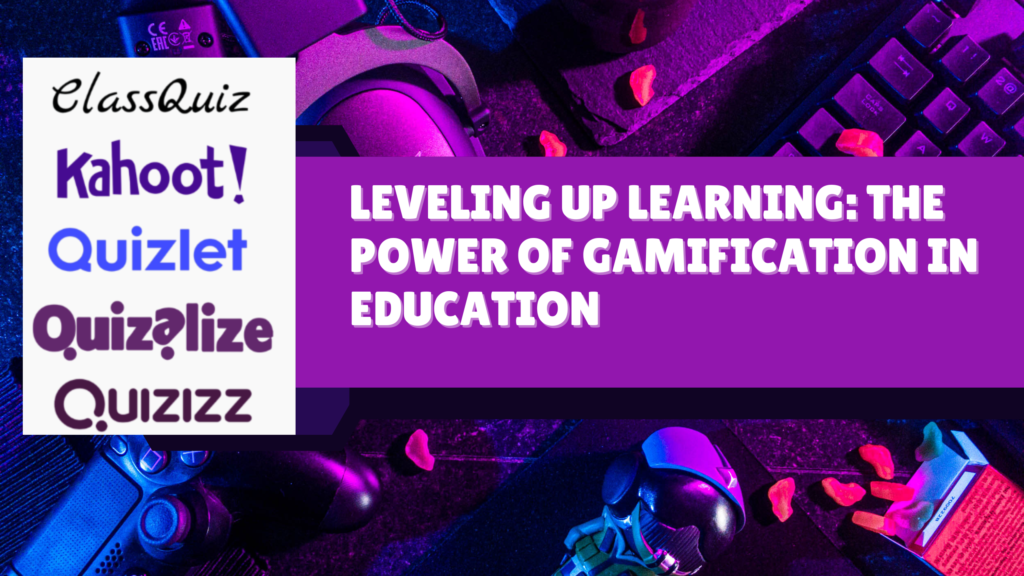
Gamification in Education: Turning Lessons into Adventures Introduction In an era where students are growing up immersed in digital technology, traditional teaching methods often struggle to capture and maintain their attention. Gamification—the integration of game design elements into non-game contexts—has emerged as a powerful tool to engage students and enhance their learning experiences. By turning […]
AI for Self-Paced Learning: A Step Toward Student Autonomy
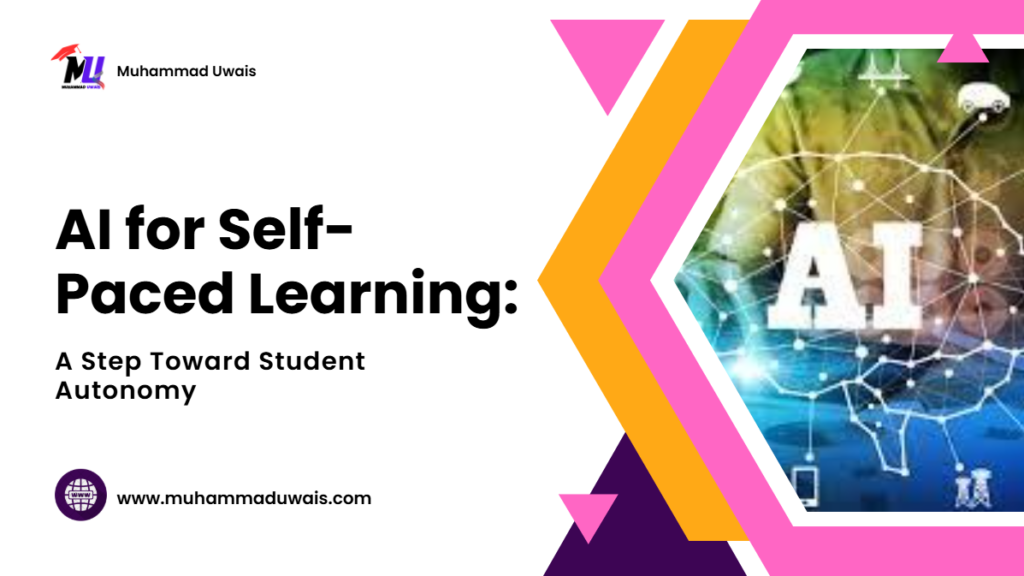
Introduction The integration of Artificial Intelligence (AI) in education is transforming traditional learning paradigms, offering students unprecedented control over their educational journeys. Self-paced learning, a model where students progress at their own speed, is significantly enhanced by AI-driven technologies. AI-powered platforms cater to individual needs, provide personalized feedback, and facilitate interactive learning experiences. As education […]
Importance of Effective Feedback for Mock Examinations
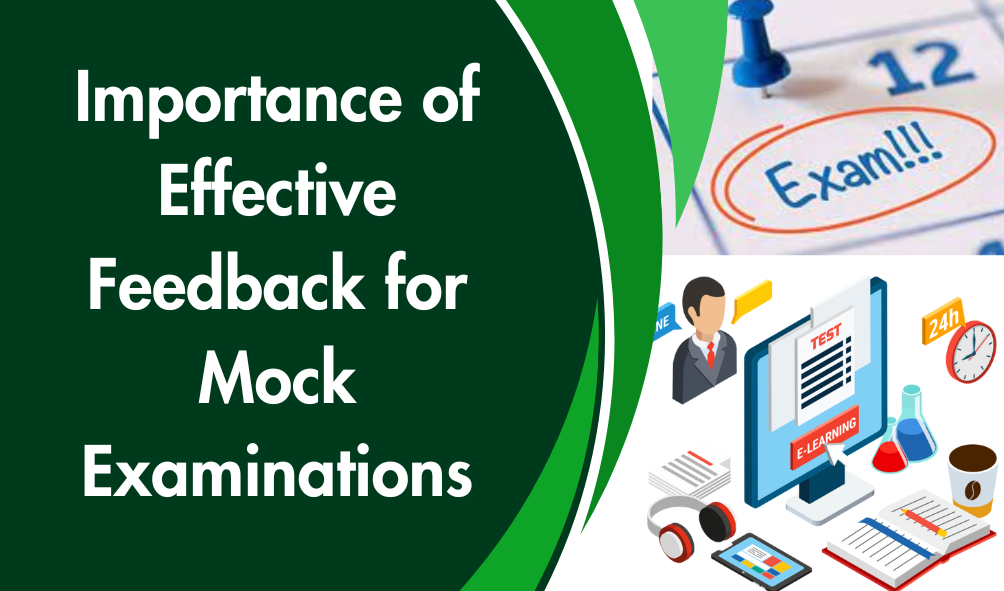
Mock examinations are an integral part of the learning process, especially for students preparing for high-stakes exams such as Cambridge A Levels or other standardized tests. While mock exams simulate the real examination experience, their true value lies in the feedback that follows. Effective feedback from these exams can significantly enhance a student’s learning journey […]
How to Solve Scenario Based Question of Programming

A scenario-based question for pseudocode writing presents a real-world situation and requires you to design a logical solution using pseudocode. It typically provides a context, such as managing data, solving a problem, or automating a process, along with specific inputs, outputs, and constraints. The goal is to translate the requirements into clear and structured pseudocode […]
The Future of Education: How AI is Shaping Secondary Learning
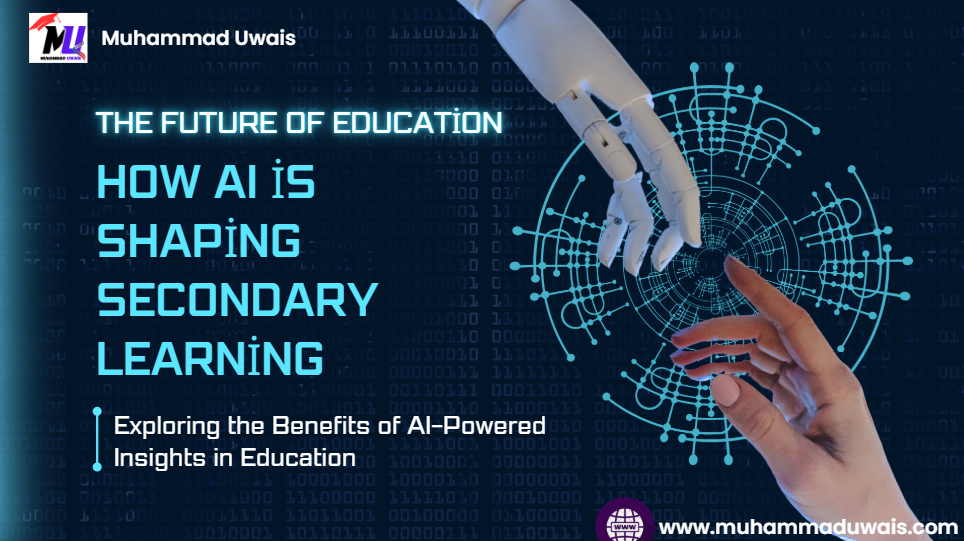
The Future of Education: How AI is Shaping Secondary Learning The integration of artificial intelligence (AI) into education has revolutionized how knowledge is delivered and consumed. Secondary education, a crucial phase in shaping young minds, is witnessing transformative changes thanks to AI-driven tools and platforms. From enhancing personalized learning to streamlining administrative tasks, AI has […]
The Power of Positive Self-Talk: Transforming Your Inner Dialogue
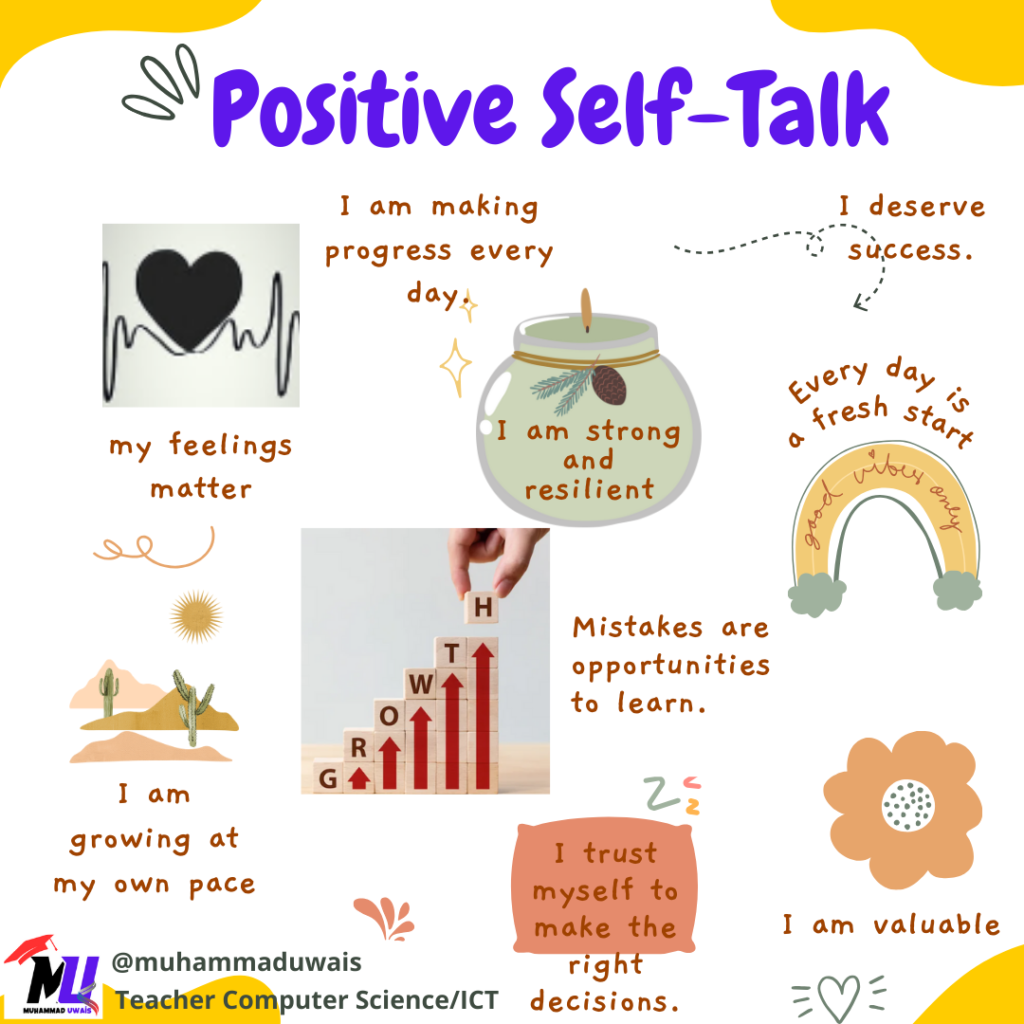
In our daily lives, the way we talk to ourselves plays a significant role in shaping our mindset, behavior, and overall well-being. This internal dialogue, known as self-talk, can either empower or hinder us depending on whether it’s positive or negative. Positive self-talk is the practice of nurturing encouraging, optimistic, and constructive thoughts about oneself, […]
The Impact of Timetable Management Software

The educational field is experiencing revolutionary changes, driven by the relentless pace of technological advancements. Schools today must embrace innovation to remain competitive and efficient. Among the numerous tech-based developments, timetable management software has emerged as a game-changer. This software has transformed how schools plan and manage their daily activities, ensuring a seamless and error-free […]
The Importance of Lifelong Learning as an Educator
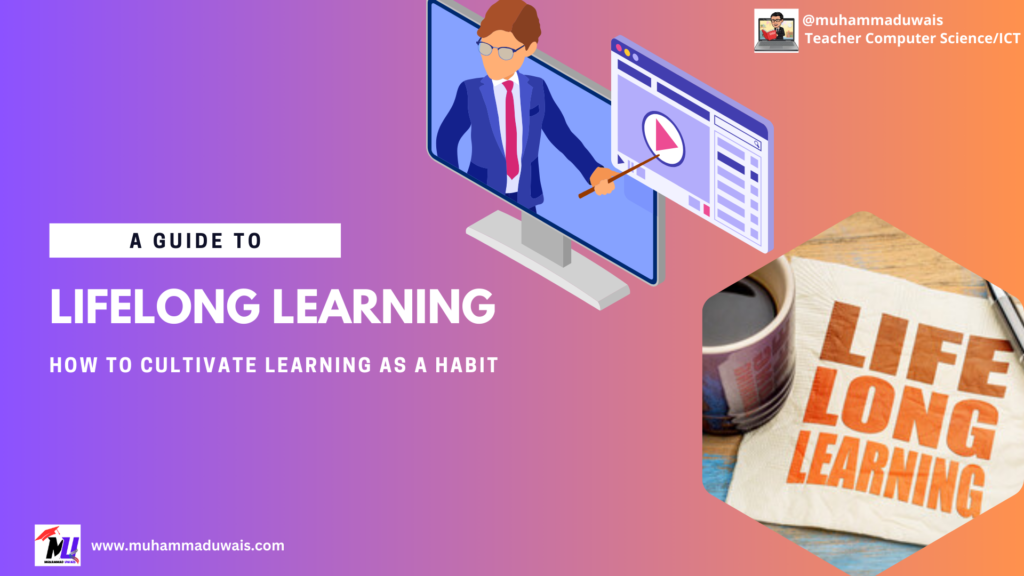
Muhammad Uwais – Teacher Computer Science/ICT In the fast-paced, ever-evolving world of education, one truth remains constant: the most effective educators are lifelong learners. Teaching is not just a profession; it is a commitment to growth, adaptation, and the relentless pursuit of knowledge. The idea of lifelong learning extends beyond professional development—it is about embracing […]
A Teacher’s Guide to Lesson Observation
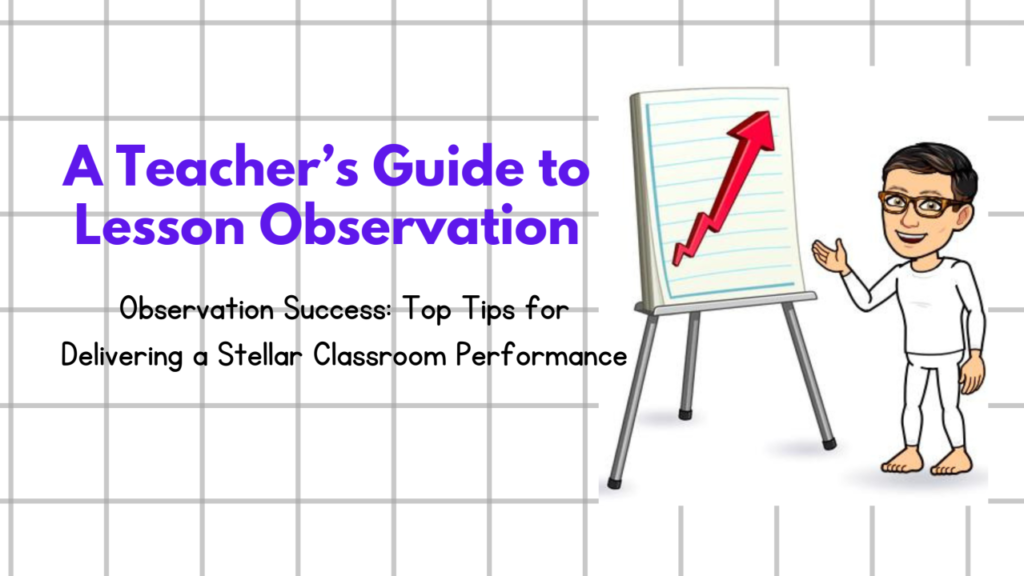
Muhammad Uwais Teacher Computer Science/ICT Class observation is a process where an educator’s teaching practices, classroom management, and instructional methods are observed, often by a peer, supervisor, or mentor, to assess their effectiveness in fostering student learning. The observer may take notes on how the teacher engages students, organizes the lesson, manages the classroom, and […]
